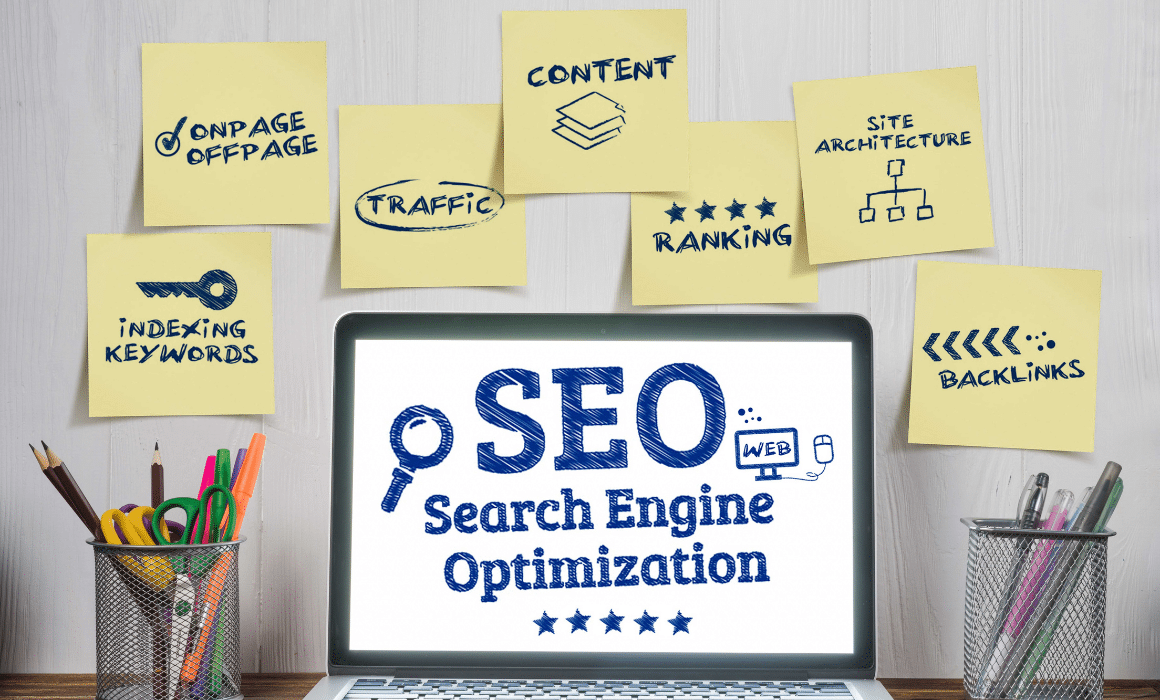Search Engine Optimization or SEO is the process of maintaining your website and its content so that it is accessible to search engines and visitors. Years ago this meant having to be aware of specific code that was flagged when a search engine tried to index your website. Although there is still code involved, the advancement of the internet as well as the support to encourage all website content to be user friendly and pertinent has made SEO easier to maintain today.

1. Search Engine Optimization starts with content
That’s true. You want the content of a page to reflect the subject matter that you are relaying to your visitors. A search engine knows this too and will not spend time on a page or will avoid indexing a page if the content is not relevant. So how do we make the page relevant? Start by adding at least 300 words of content related to that page, product or subject. Three hundred words may sound like a lot, but it’s important to understand why. A search engine will not consider content relevant if there is not enough words to completely relate this to a visitor. 300 has become the ‘magic number’ of words to start an index for a page on a website. More is better if its original; meaning do not repeat your content on the same page. If you find your are hitting over 900 words and still going, split that page into two separate pages. This will not only help the visitor but will show the search engine that you have two pages of supporting content that can be linked.
In addition to your page copy, be sure your page title directly supports your content. For example, don’t try to come up with a creative, gimmick for a title. Instead, clearly state what the page is about. Support your title and copy by providing links to relative content. This can be internal (other pages on your website) and external (other websites). A good rule is three links to relative and supporting content. This will allow a search engine to compare your content with other indexed content. It also helps rank your page to pages with similar subject matter. You can also use media such as videos and images as long as their “Alt” text and descriptions support the keyword.
2. Keywords still matter in Search Engine Optimization
Keywords have been a huge SEO term for many years. A keyword is a single word or short phrase that either defines or supports the content and subject of the page. For example, a keyword for this page is “search engine optimization”. Another keyword is, “seo”. And a third keyword is “page ranking”. You can define these keywords directly in the code of the page. We recommend using a plugin or tool such as Yoast SEO which avoids having to code anything and helps you measure individual keywords. Measuring not only your keyword’s value but also your page rankings is important.
3. Use Google’s Search Console
Thankfully there is a tool designed to help you monitor, maintain and update your website’s SEO and page rankings. Google’s Webmaster Search Console is free to use and will show you how your website is indexing according to Google. It’s helpful to see your website and page rankings. In addition to this information you can see what pages are not indexed and why. If there is an indexing error on your website or a specific page Google provides steps to resolve this error. It also allows you to manually submit a page for indexing. This can be important if a page has resolved errors or the content of the page was recently updated.
Need Help?
We are here to answer any questions you have about optimizing your website. SEO helps your website be a visible window to your visitors. If this article has sparked an idea or question that you need help answering let us know.






